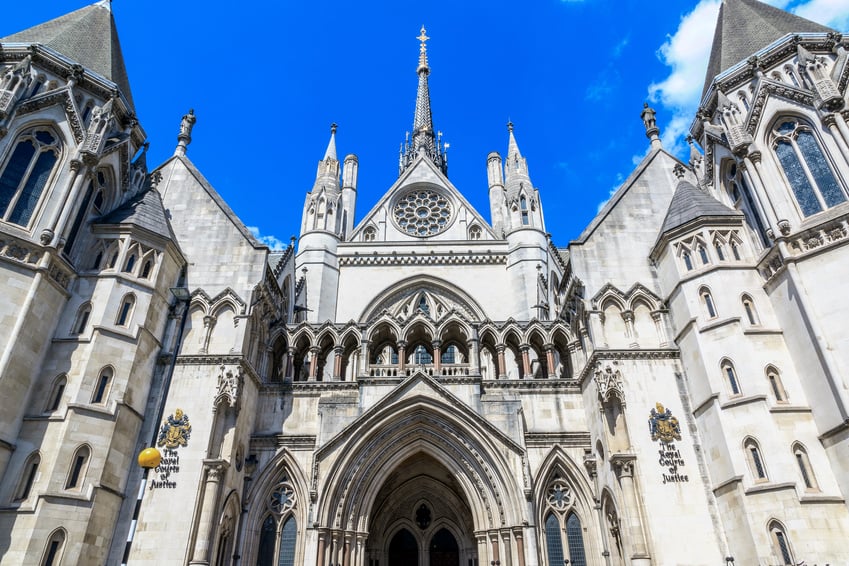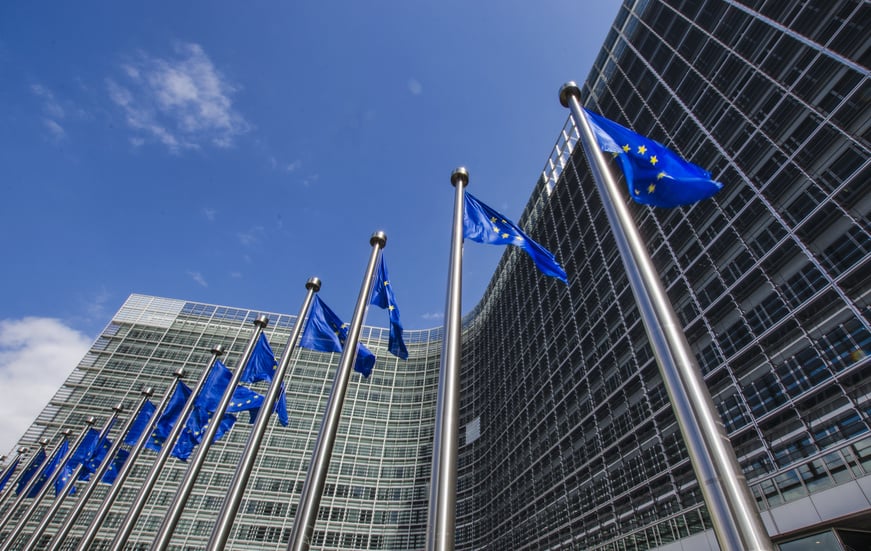On May 9 2017, the High Court ruled in favour of the Serious Fraud Office (“SFO”), finding that certain categories of documents produced by Eurasian Natural Resources Corporation Ltd (“ENRC”) during an internal investigation were not covered by litigation privilege (SFO v ENRC [2017] WLR(D) 317). The Judge’s reasoning was that a criminal investigation does not necessarily mean that a prosecution is reasonably in contemplation and she did not consider that a criminal investigation was sufficiently adversarial for litigation privilege to apply. This decision therefore casts doubt over the ability to rely on litigation privilege, even after a criminal investigation has been commenced or a Section 2 Notice has been issued (which allows the SFO to search premises or compel the production of documents or information).
Background
In 2011, ENRC began an internal investigation following whistle-blower allegations of fraud, bribery and corruption in Kazakhstan and an African country. ENRC began communicating regularly with the SFO from August 2011, which led to the SFO launching its own criminal investigation in April 2013.
As part of its investigation, the SFO exercised its powers under section 2(3) of the Criminal Justice Act 1987, compelling ENRC to produce documents relevant to the investigation. The SFO’s powers of compulsion do not extend to documents that are subject to litigation privilege, which ENRC claimed applied to certain categories of documents (the “Disputed Documents”).
Litigation privilege applies to communications made between parties, or their solicitors and third parties for the sole or dominant purpose of conducting existing or contemplated adversarial litigation. The Court therefore had to determine the extent to which litigation privilege applied to the Disputed Documents.
Decision
The Court held that litigation privilege did not apply to the Disputed Documents, as ENRC could not demonstrate that adversarial litigation was contemplated at the time that the documents were produced. The Court cited USA v Phillip Morris in its decision stating that for litigation privilege to apply, it fell on ENRC to establish that, as of the date it approached the SFO, it was “aware of circumstances which rendered litigation between itself and the SFO a real likelihood rather than a mere possibility”.
It is unclear from the judgment what steps the SFO had taken, and the extent of its investigation, at the point at which the Disputed Documents were created. However, the Court concluded that ENRC’s claim to litigation privilege failed as, although the SFO’s investigation was in reasonable contemplation, as a point of principle a criminal investigation by the SFO should not be treated as adversarial litigation. Andrews J stated that the investigation and inception of prosecution could not “be characterised as part and parcel of one continuous amorphous process”. Furthermore, the Judge drew a distinction between civil proceedings and criminal prosecutions in that unmeritorious civil claims can be brought, whereas criminal proceedings cannot be commenced unless the prosecutor is satisfied that there is a realistic prospect of conviction on the evidence and the public interest test is met.
Significance
The implication of this case is that it may be more difficult for corporations to claim litigation privilege over documents produced as part of their internal investigations, even after a criminal investigation has been commenced or the SFO has sought to exercise its powers under Section 2. In order to rely on litigation privilege with respect to those documents, it will fall on the corporation in question to evidence that, at the time of the internal investigation, it genuinely considered that a criminal prosecution was reasonably contemplated.
We understand that the judgment may be subject to appeal, however, in the meantime companies will need to consider carefully at the outset of any investigation whether and at what stage privilege is applicable, including whether a prosecution is reasonably in contemplation.



